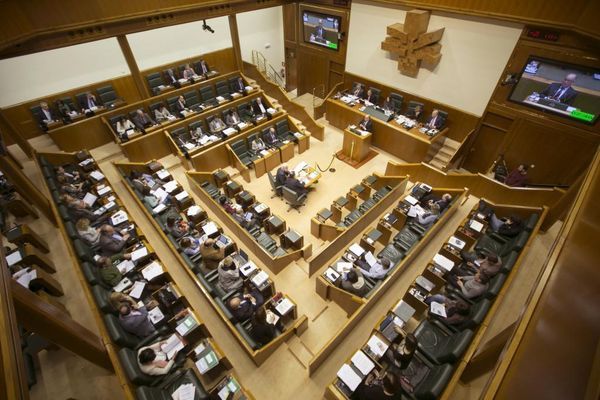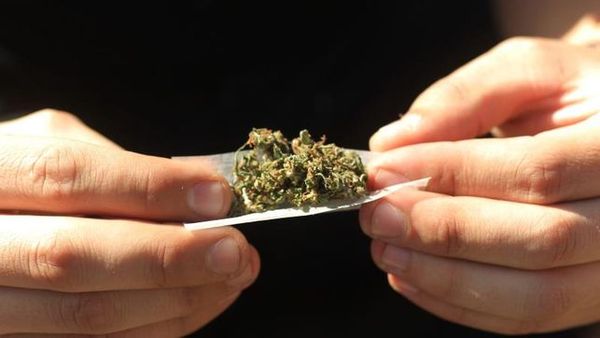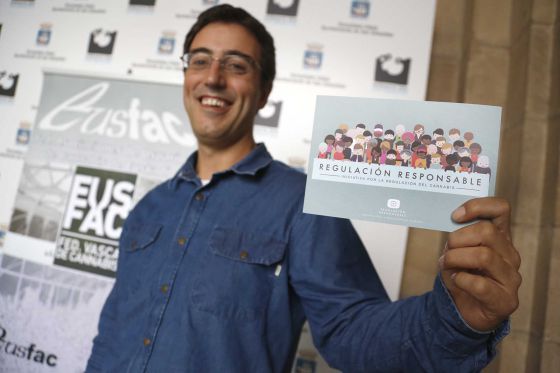- The Parliament of the Basque Country, one of the Spanish region's with the most marijuana consumption, has taken a bold step by ensuring the legal security of cannabis clubs and asking the central Government to take strong measures to facilitate the regulation of consumption. They argue that these clubs have been operating for some time and have performed a service of self-regulation in an orderly and responsible manner that ought to be recognised.

On Monday PNV, EH Bildu and the PSE-EE presented a non-legislative proposal in the Basque Parliament, through the Health and Consumer Affairs Commission, encouraging the Spanish Government to take measures with regards to marijuana-related legislation and legal interpretation that make possible "decided progress" in the regulation of cannabis use, just as other countries are doing. The signing parties, representing a majority in the Basque Parliament, pointed to nations such as Uruguay, Mexico and several US states, which have already begun to regulate consumption.
In this way the Basque chamber called for a regulated solution to the activity of cannabis social clubs, which, according to the Basque Addictions Act, passed last April 7, can be legally constituted throughout the region. In their initiative they underscored that these clubs have been operating for some time and that, in general, consume marijuana in an "orderly and responsible" manner. They also encouraged the 125 cannabis clubs and associations that are currently registered, as long as there is no specific regulation on the subject, "to establish self-regulatory mechanisms and good practices" and work with the Administration.

The Basque Parliament's majority parties also approved a text criticising the latest Supreme Court rulings, which have overturned those of provincial courts regarding cannabis clubs located in Euskadi. They stated that these have punished their leaders with harsh fines and jail time, which has thrown up a hurdle hampering the "slow progress" made in recent years to establish new "areas of freedom" regarding this matter.
The Addictions Act as a turning point
After pointing out that the Basque Parliament has been considering the regulation of these clubs for two legislative sessions, in their remarks they made several recommendations to "progress" towards the regulation of these shared consumption organisations and apply their conclusions to the Addictions Act, currently being processed, a law that punishes tobacco and alcohol but leaves the door open to cannabis social clubs.
The parties also wished to make clear that through their initiative they did not seek to deny the harmful effects of marijuana, stating that "the fact that it is objectively harmful should not justify its prohibition," citing alcohol as an example.
The Basque Federation of Cannabis (EUSFAC) is one of the most satisfied with the approval of this law, as they have been working for five years in support of it, since in 2011 they first went to the Basque Parliament with the idea of regulating cannabis clubs. Now they have laid the foundation to move forward, managing for the Addictions Act to include a specific section that regulates and recognises cannabis social clubs in an autonomous way.

This is another of this Federation's achievements, after the approval last year of a municipal regulation that recognised this effective regularisation by the City of San Sebastian. Gipuzkoa's capital was the first municipality to create a specific ordinance to regularise the status of the city's 21 clubs of this type. The legislation dictated, for example, that they could not be opened within 300 meters of schools or health facilities.
Will there be appeals, like in Navarra?
As occurred with the appeal alleging un-constitutionality brought by the central Government, which resulted in the suspension of the Navarre Law regulating cannabis social clubs, the acting Health Minister, Alfonso Alonso, also announced at first that the Government was considering an appeal against the Addictions Act given the possibility that the regulation of cannabis clubs exceeds the Basque Government's scope of authority.
However, this appeal is deemed "unlikely" because legally the only thing that the Basque Parliament has done is to recognise rights; that is, that social clubs exist and that they will be regulated through legislation. This new law also rebuts the Supreme Court's argument and grants these associations the recognition they need in their struggle in the courts against the condemnatory rulings recently issued.


Comments from our readers
There are no comments yet. Would you like to be the first?
Leave a comment!Did you like this post?
Your opinion about our seeds is very important to us and can help other users a lot (your email address won't be made public).